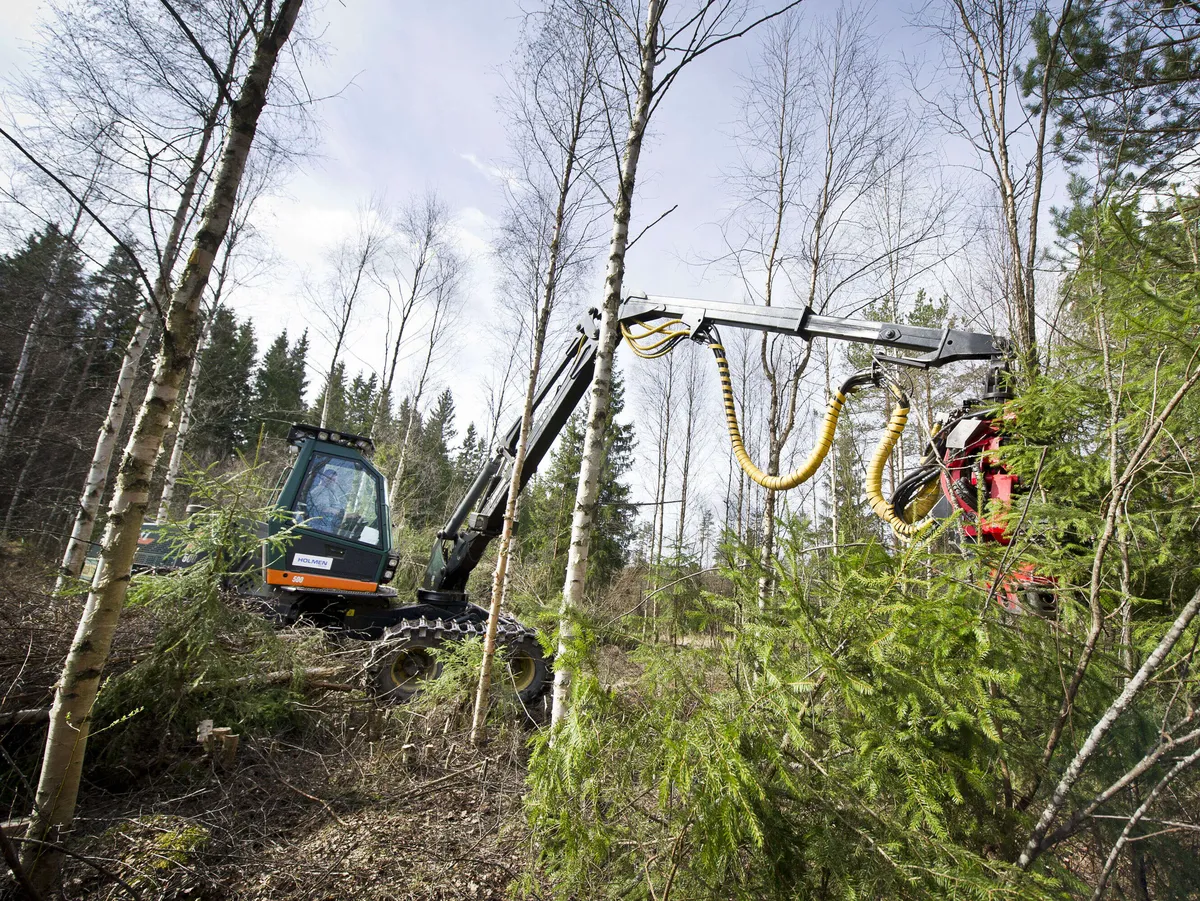Heating companies in Finland are facing challenges in economically generating heat in winter frosts using heat pumps or electric boilers, according to Pekka Vihervuori. This is due to the rising cost of biomass, especially forest wood chips and sawmill industry by-products, which have increased by over 70 percent since the Ukraine war began. As a result, district heating customers are seeing price hikes and housing companies are struggling with energy bills, leading to missed payments.
The idea of transitioning from biomass to heat pumps and electric boilers for district heat production raises concerns about the economic viability of heat generation, particularly in rural areas where electricity production may be limited. Without the option to burn wood, heating companies may resort to using oil, which poses its own challenges. However, there are limited alternatives to burning wood for heat generation in Finland, especially in smaller municipalities. The lack of economic feasibility and limited infrastructure for heat pumps and electric boilers in rural areas complicate the transition away from biomass.
Varpu Sairinen in Kauppalehti suggests taxing biomass and shifting towards heat pumps and electric boilers as a solution to the high cost of fuel. While this may provide some relief for heating companies and customers, it also raises questions about the long-term sustainability of these options. The reliance on wood for heat generation remains a significant challenge for heating companies until viable solutions are developed.



